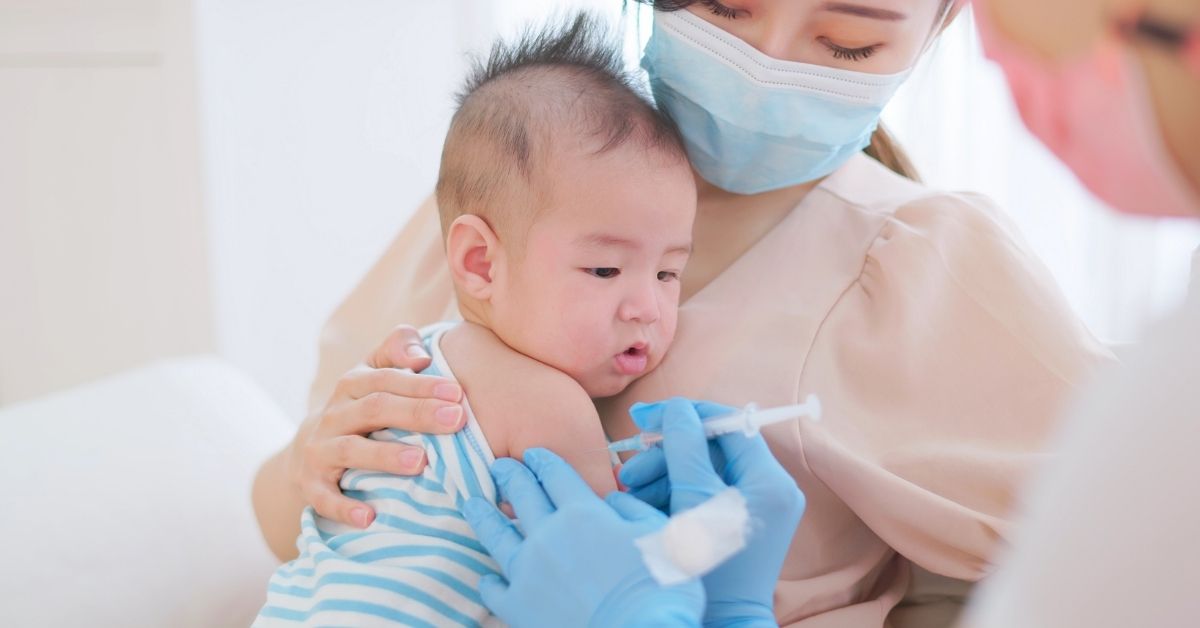Chemotherapy is a life-saving treatment for many children battling cancer, but it comes with numerous side effects that can significantly impact a child’s oral health. Parents of children undergoing chemotherapy often face the difficult task of managing their child’s overall well-being, including oral care, which can become challenging during treatment. This article will discuss the basics of chemotherapy, the oral health problems commonly seen in children undergoing cancer treatment, and how parents can care for their child’s oral health during this time.
What is Chemotherapy?
Chemotherapy is a type of cancer treatment that uses powerful drugs to kill cancer cells. While it is effective in targeting rapidly growing cancer cells, chemotherapy drugs can also affect healthy cells, including those in the mouth. This can lead to a variety of oral health problems, especially in children whose immune systems are already vulnerable during treatment.
Oral Health Problems Commonly Seen During Chemotherapy in Children
Chemotherapy can cause several oral issues that may complicate a child’s cancer treatment and quality of life. The most common problems include:
1. Mucositis
• What it is: Mucositis is inflammation of the mucous membranes, leading to painful sores in the mouth and throat.
• How it affects children: Children with mucositis may have difficulty eating, drinking, and speaking, which can contribute to poor nutrition and dehydration.
2. Xerostomia (Dry Mouth)
• What it is: Chemotherapy can reduce saliva production, causing dry mouth.
• How it affects children: Saliva helps protect teeth and gums, so a lack of it can increase the risk of tooth decay, gum disease, and oral infections.
3. Infections
• What it is: Chemotherapy weakens the immune system, making it easier for bacteria, viruses, and fungi to cause infections in the mouth.
• How it affects children: Oral infections, such as candidiasis (thrush), can spread quickly and become severe due to a weakened immune system.
4. Bleeding Gums
• What it is: Chemotherapy drugs can lower the number of platelets in the blood, leading to easy bleeding of the gums.
• How it affects children: Bleeding gums can make oral hygiene routines painful and difficult, increasing the risk of dental issues.
5. Tooth Decay and Gum Disease
• What it is: A combination of dry mouth, poor oral hygiene, and changes in diet can lead to increased rates of cavities and gum disease in children during chemotherapy.
• How it affects children: Tooth decay and gum disease can exacerbate oral pain and lead to more serious complications, such as infections.
How to Take Care of a Child’s Oral Health During Chemotherapy
Caring for your child’s oral health during chemotherapy is vital, as it can help prevent complications and improve their quality of life during treatment. Here are several tips to protect their oral health:
1. Maintain a Gentle Oral Hygiene Routine
• What to do: Use a soft-bristled toothbrush and fluoride toothpaste to gently clean your child’s teeth and gums twice a day.
• Why it helps: This helps prevent tooth decay and gum disease while minimizing discomfort.
2. Rinse with a Mild Mouthwash
• What to do: Have your child rinse with a non-alcoholic, saltwater or baking soda solution several times a day.
• Why it helps: These rinses can soothe mouth sores, reduce inflammation, and keep the mouth clean.
3. Stay Hydrated
• What to do: Encourage your child to drink water frequently throughout the day.
• Why it helps: Staying hydrated can alleviate dry mouth and protect against tooth decay.
4. Use Saliva Substitutes
• What to do: Over-the-counter saliva substitutes or mouth gels can help with dry mouth.
• Why it helps: These products mimic saliva and can reduce the discomfort and risks associated with xerostomia.
5. Prevent Infections
• What to do: Make sure your child avoids sharp or crunchy foods that can irritate the mouth and lead to bleeding or infections. Keep an eye out for any signs of oral infections, such as white patches or persistent pain, and report them to the oncologist.
• Why it helps: Preventing infections in a child with a weakened immune system is critical to avoiding further health complications.
6. Consult with the Dentist Before Treatment
• What to do: Schedule a dental check-up before chemotherapy begins to address any pre-existing oral health issues.
• Why it helps: A thorough dental cleaning and check-up can help minimize the risk of developing oral problems during treatment.
7. Dietary Adjustments
• What to do: Provide soft, nutritious foods that are easy to chew and swallow, such as smoothies, soups, and mashed vegetables.
• Why it helps: These foods are gentle on the mouth, and they help ensure your child gets the necessary nutrients despite oral discomfort.
Conclusion
Oral health is an important aspect of your child’s overall well-being during chemotherapy. While the treatment process can cause a range of oral issues such as mucositis, dry mouth, and infections, careful attention to your child’s oral hygiene routine can help prevent these problems and improve their quality of life. By working closely with your child’s healthcare team, maintaining gentle oral hygiene practices, and making appropriate dietary adjustments, you can protect your child’s oral health during this challenging time.
Note to Parents
As a parent, watching your child undergo chemotherapy can be one of the most heartbreaking and painful experiences. It’s natural to feel overwhelmed, but remember, your strength and support mean everything to your child. While you cannot shield them from the side effects of treatment, you can ease their discomfort and help them manage the oral challenges they face. Take it one day at a time, and know that by caring for their oral health, you’re contributing to their overall comfort and well-being. Stay strong—you are not alone in this journey.








